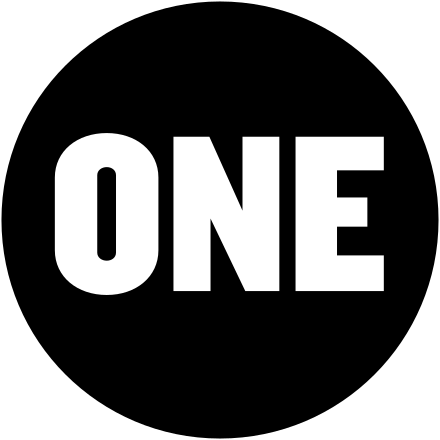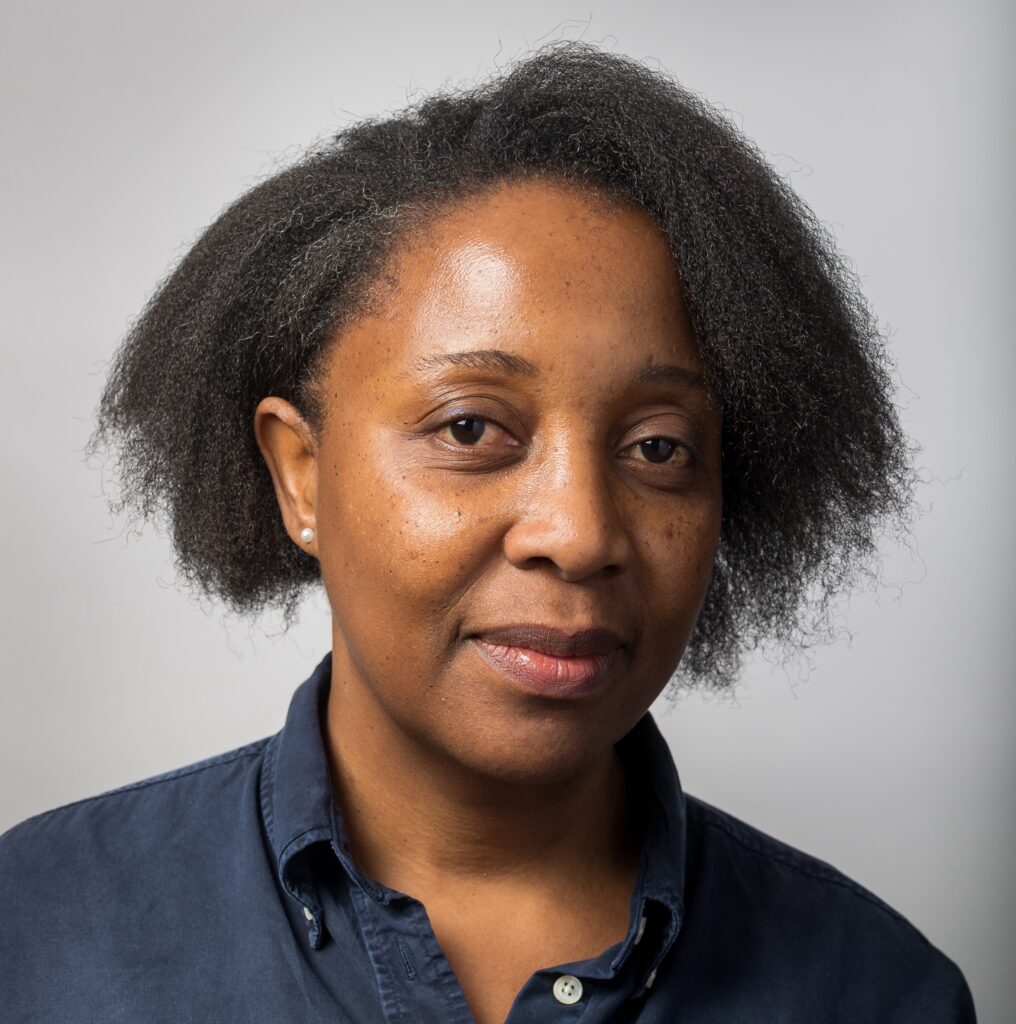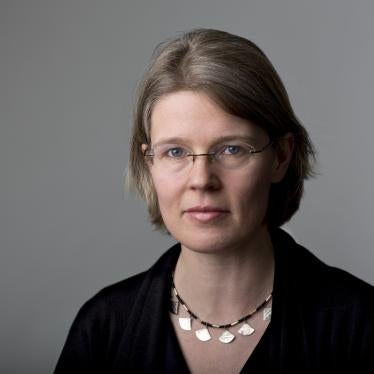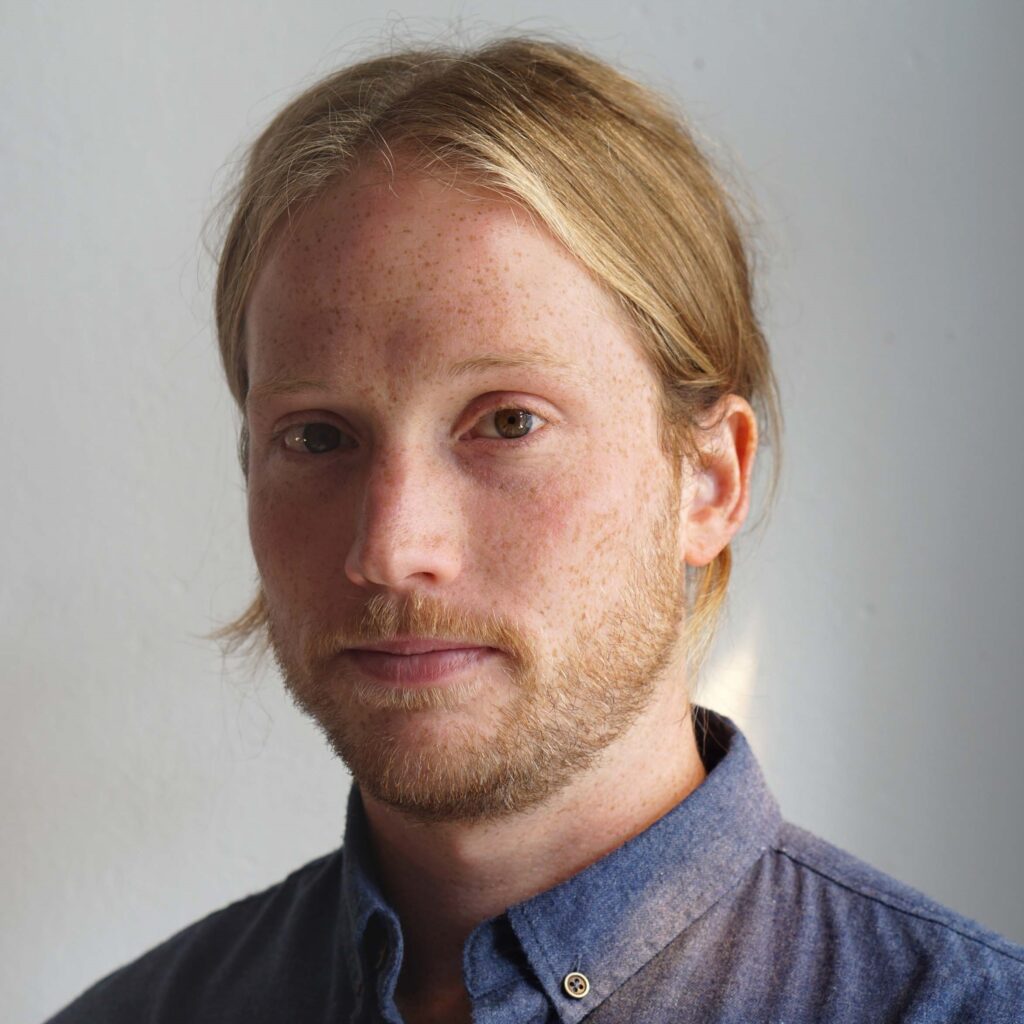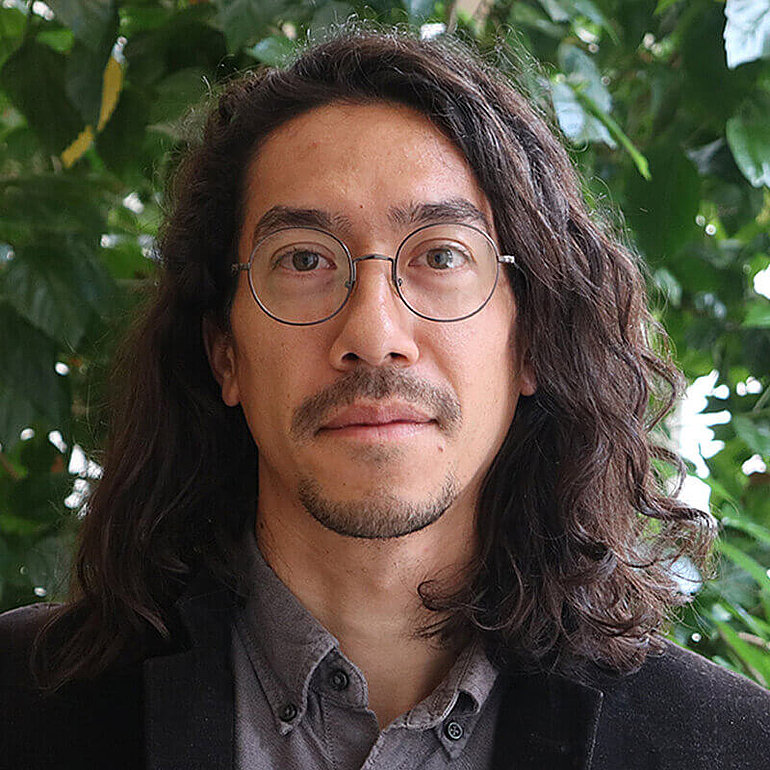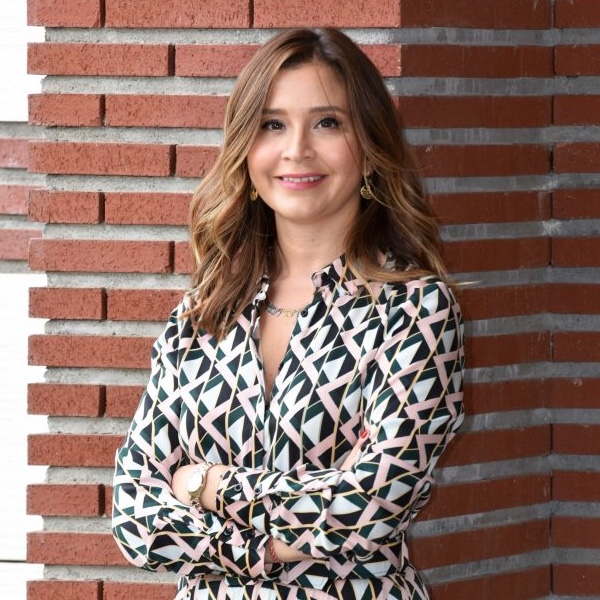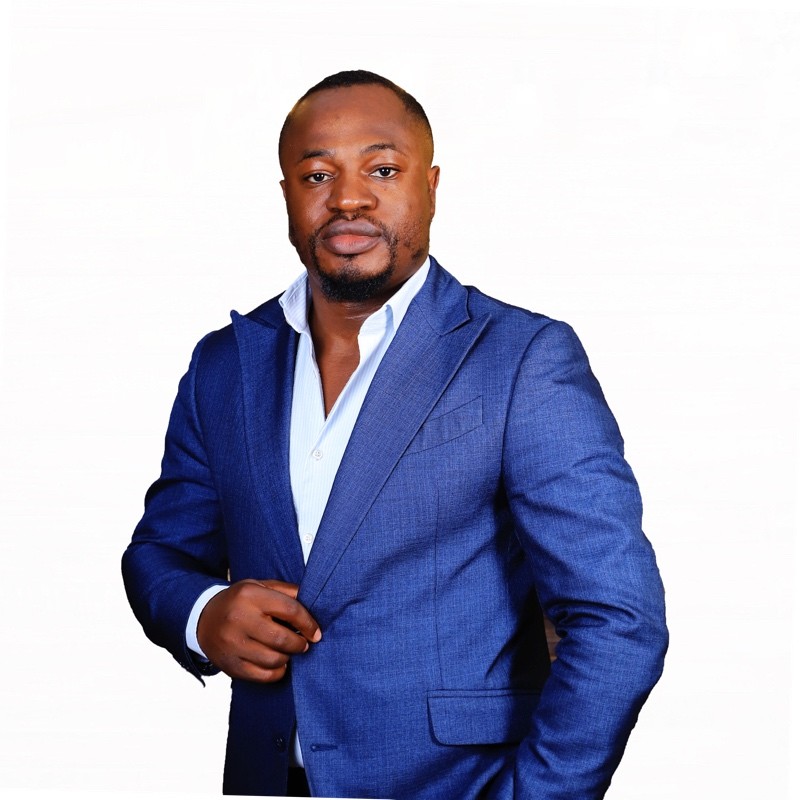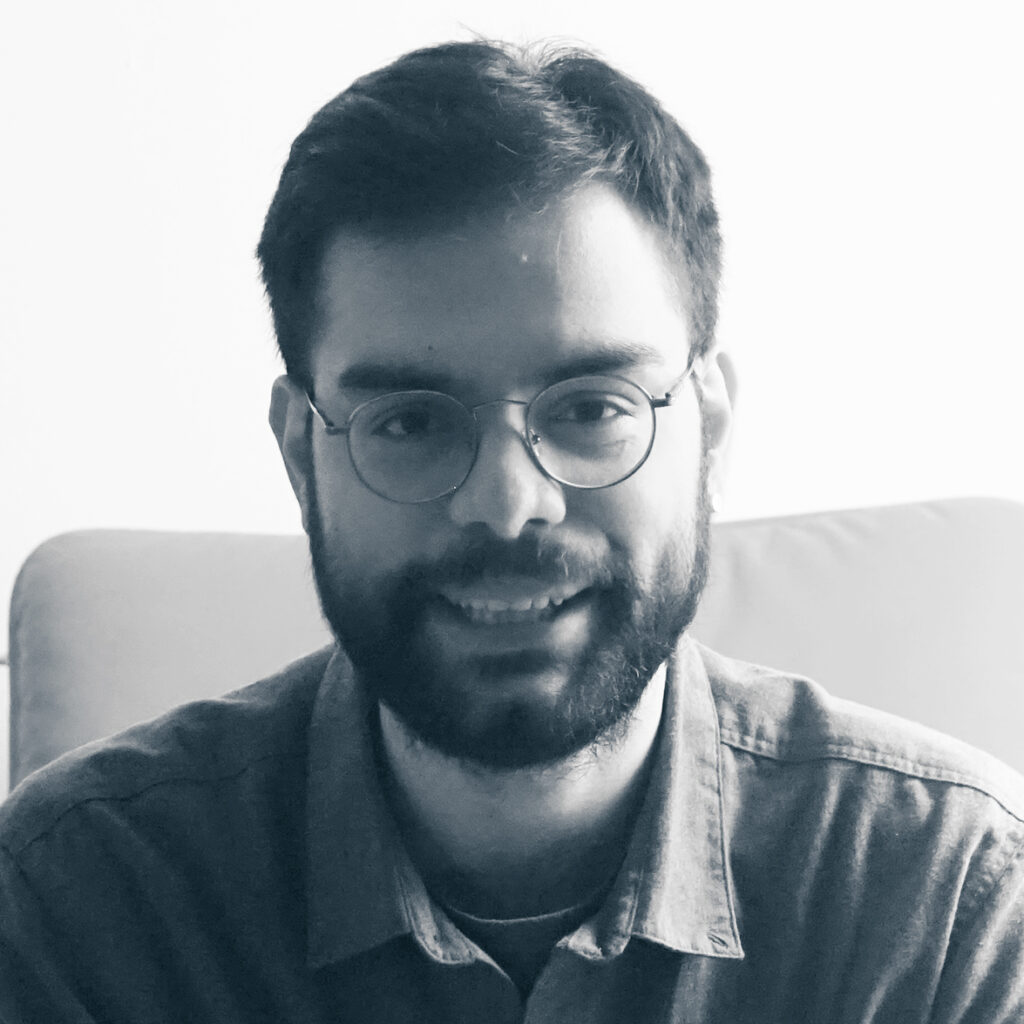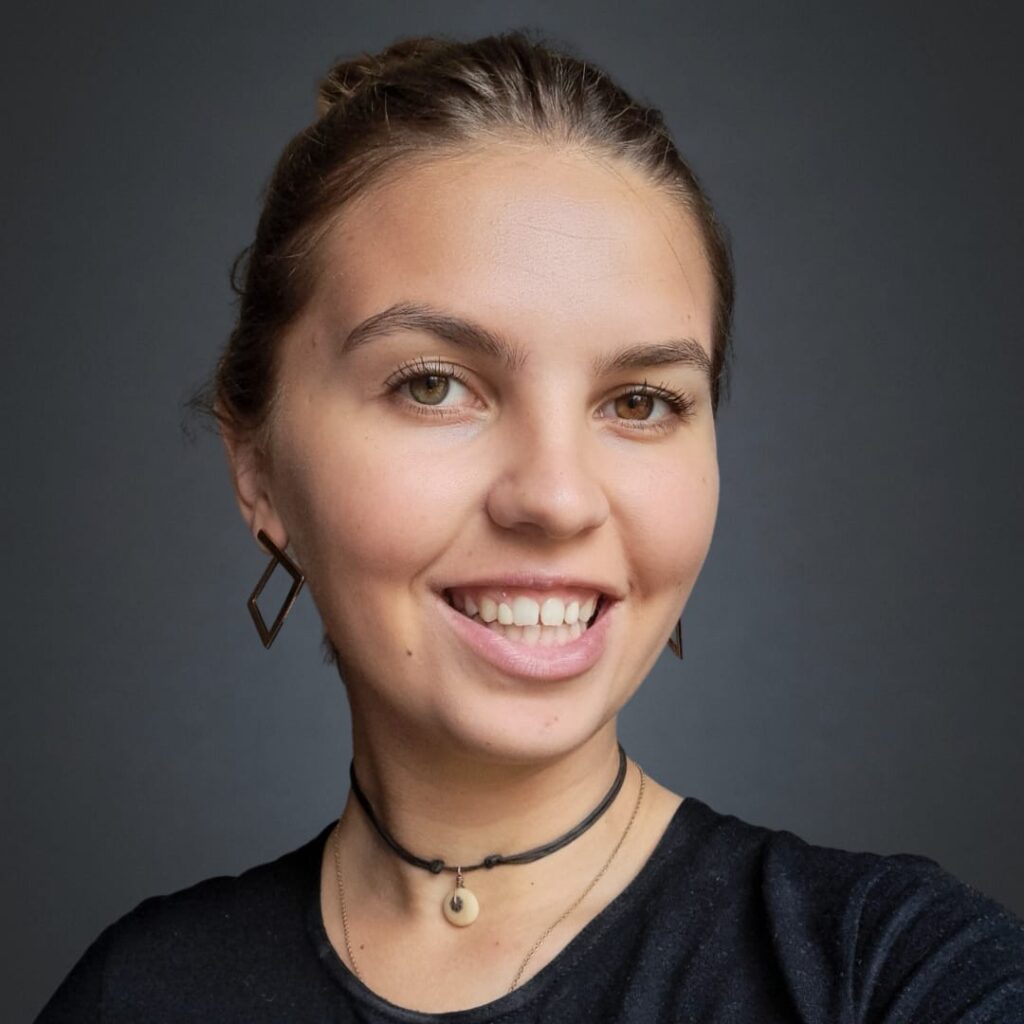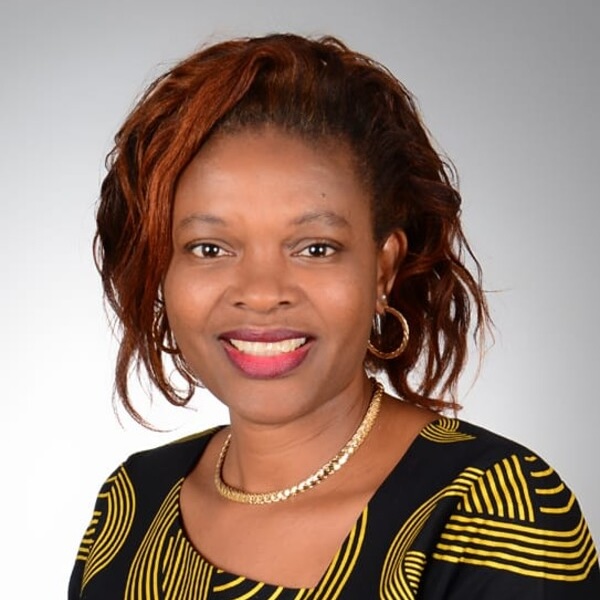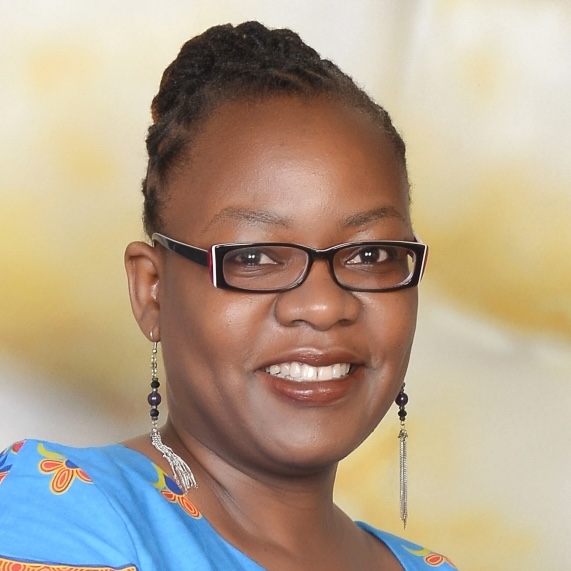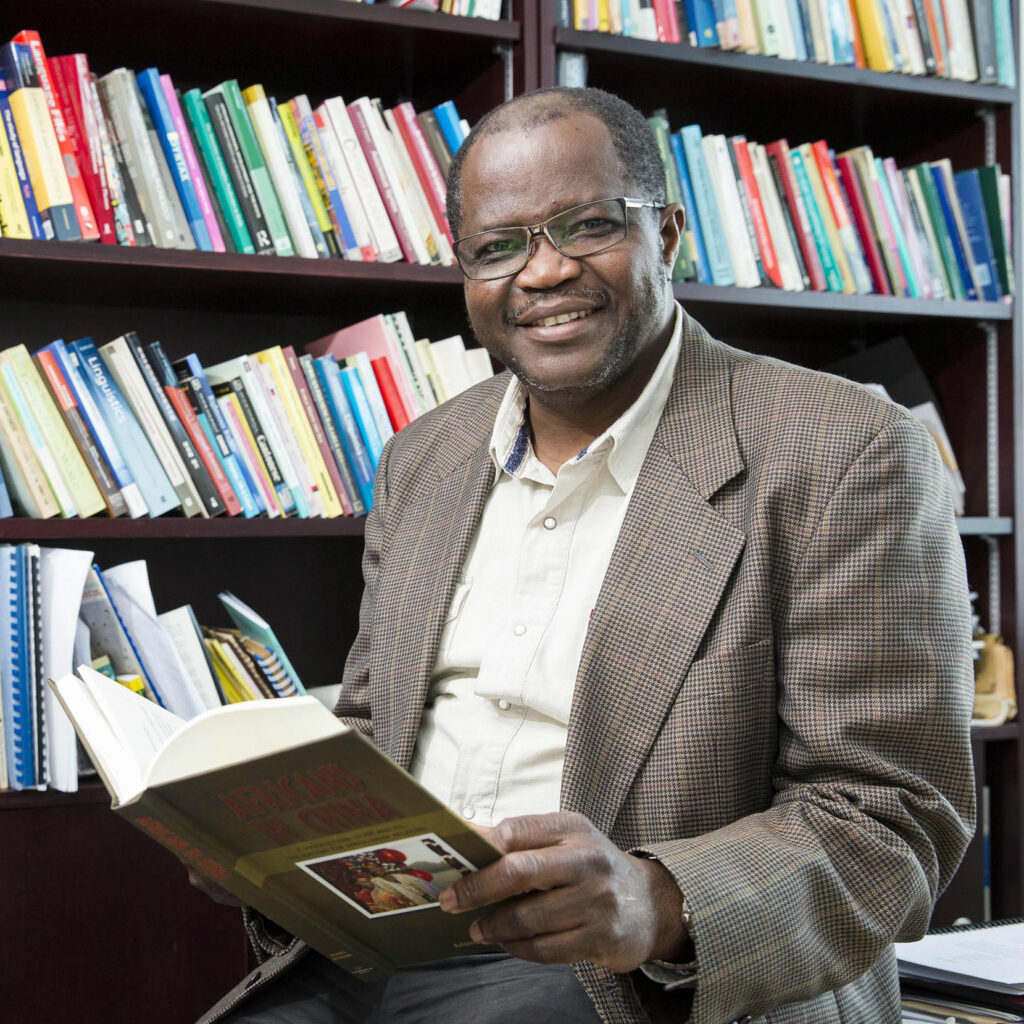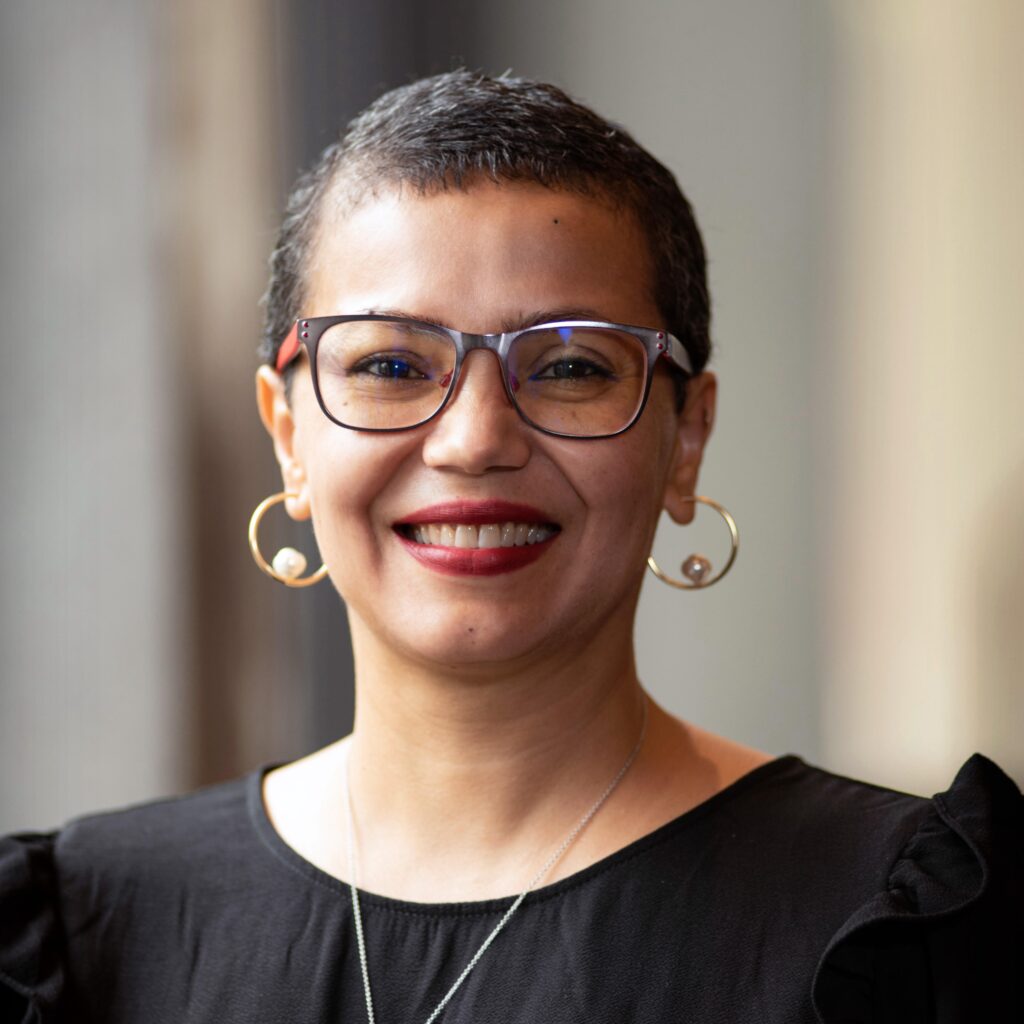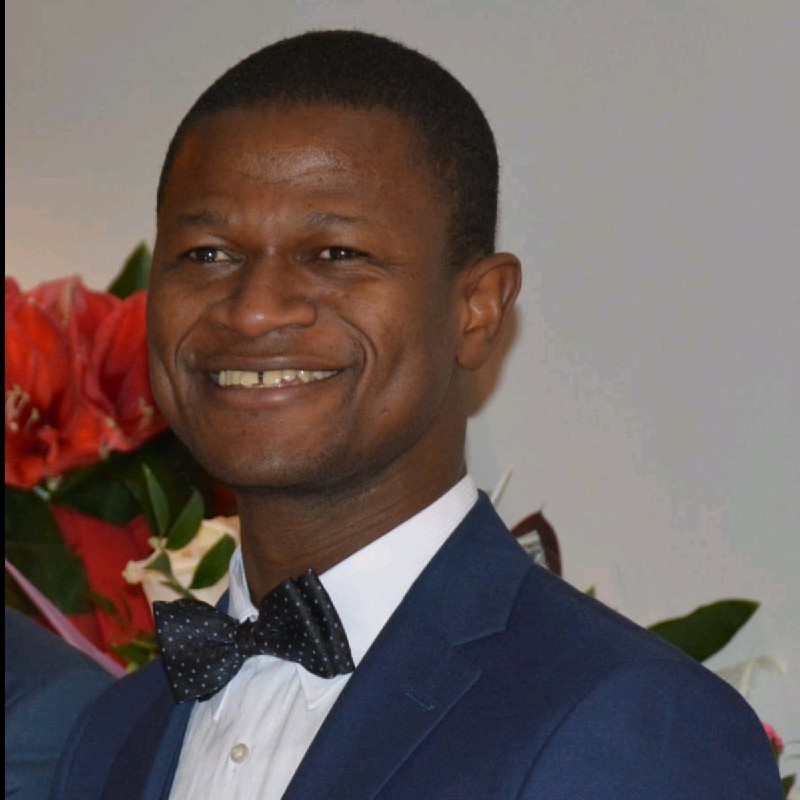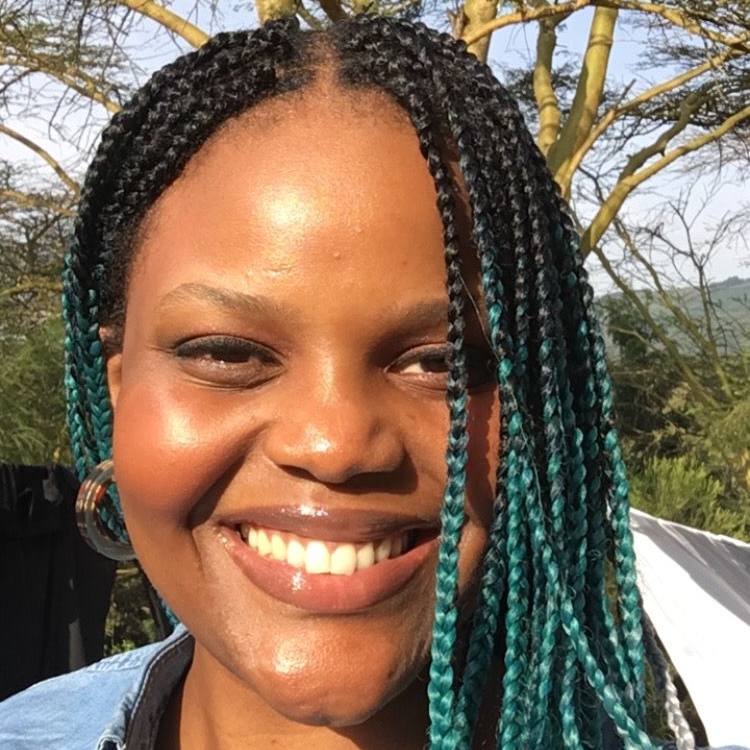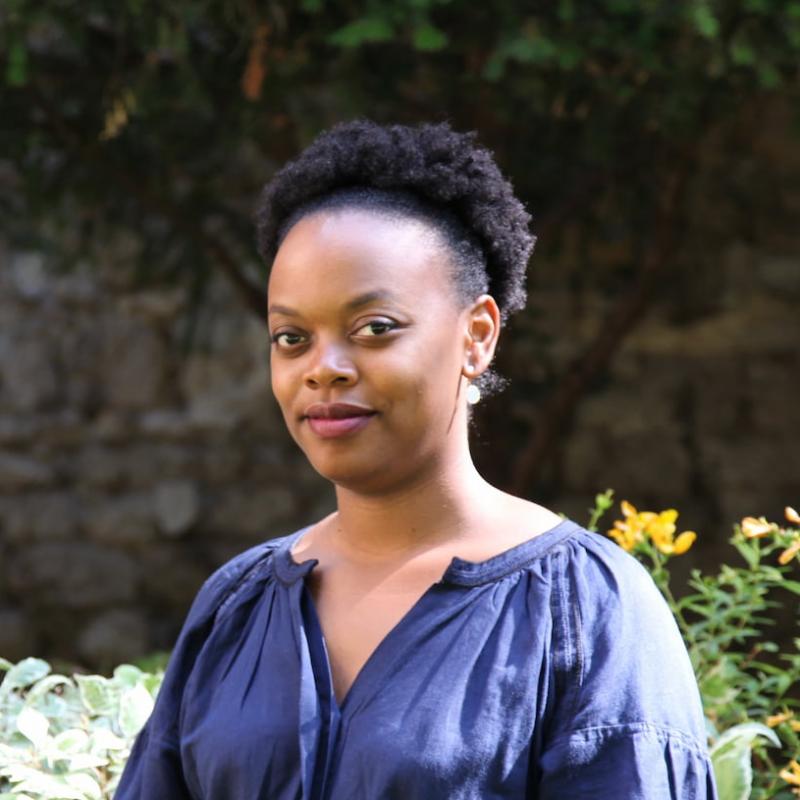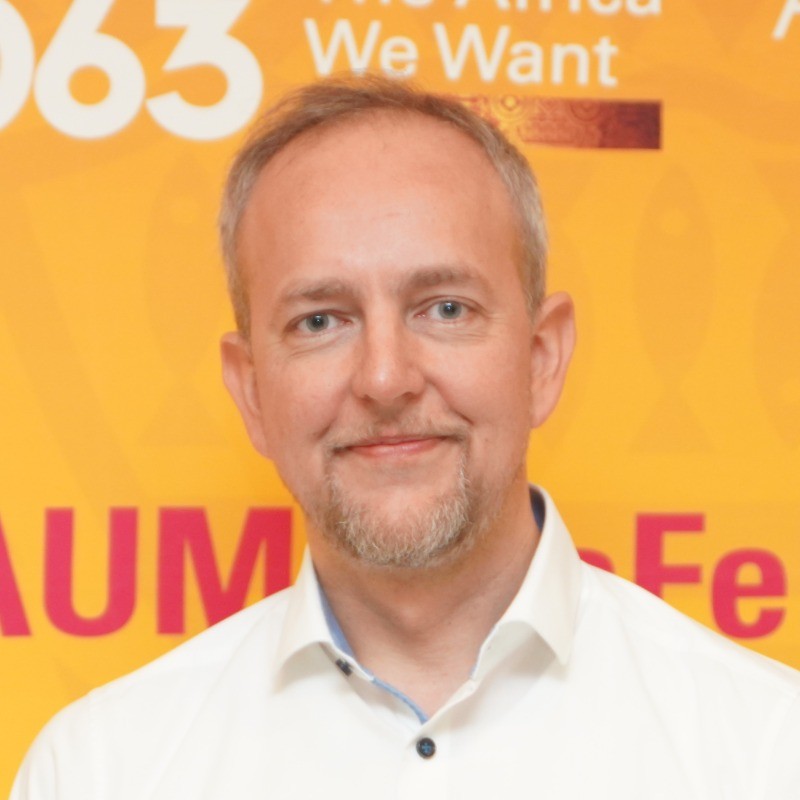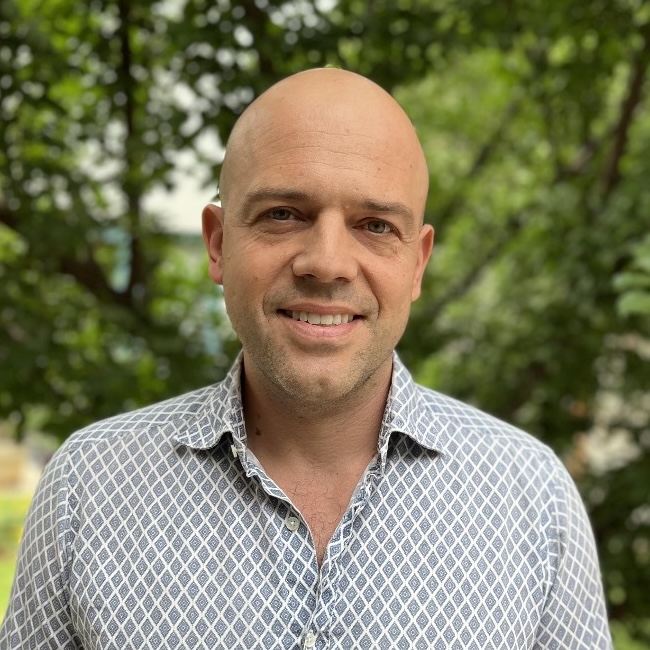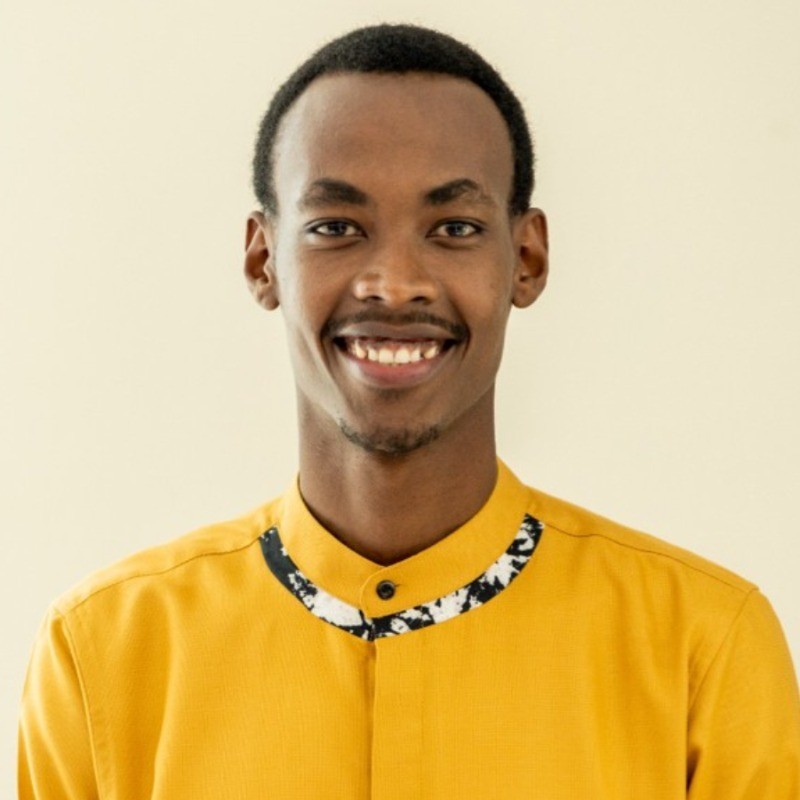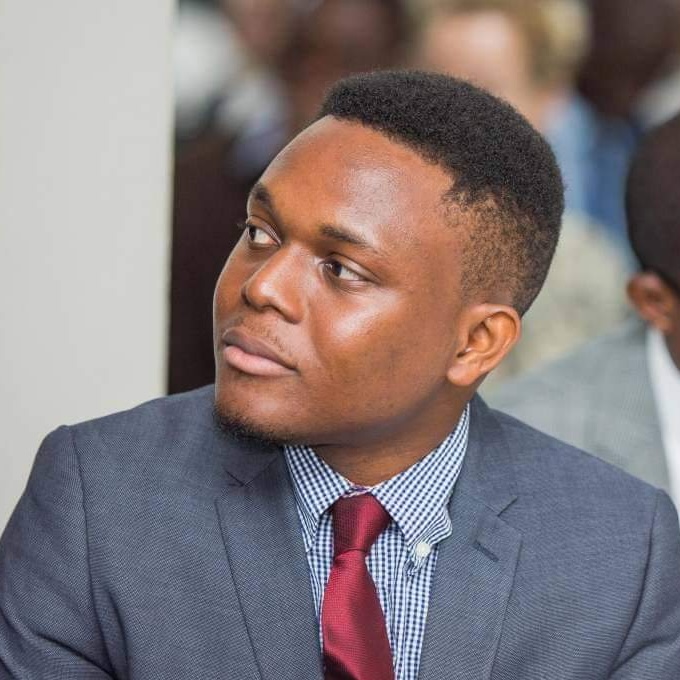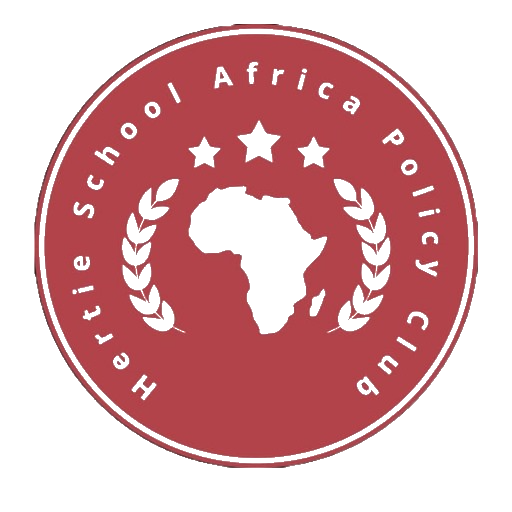
The Hertie School Africa Policy Club proudly presents the 1st annual

Africa Policy Week brings focus to various topics in African affairs, in particular African public policy and international affairs, in the Hertie School community and in Berlin. This will be a good opportunity for students interested in African affairs to hear from experts in specific fields and network.
Human rights and African ownership in the critical minerals scramble
Hertie School / Online
The strategic goals of Middle Powers and their rising importance in the African continent
Online
Strengthening public diplomacy as a powerful tool of African foreign policy
Online
Africa’s digital transformation and sovereignty in the context of geopolitical rivalry
Hertie School / Online

About Us
The Hertie School Africa Policy Club is a student-run club at the Hertie School (Berlin, Germany) promoting informed discussions of African public policy, economics, and international affairs. Through events and publications such as The Afropolitan Blog, the club aims to create a forum for exchange on these topics at the Hertie School. The club aspires to cultivate a community sensitive to the intricacies of narratives and discourse on African politics and culture.
The Africa Policy Club’s and its members’ positions do not reflect those of the Hertie School.
You can stay up to date on our events and new blog articles by subscribing to our email list below. You can also contact us using the form to the right or by sending an email to hsafricapolicy@gmail.com. We would love to hear from you!
